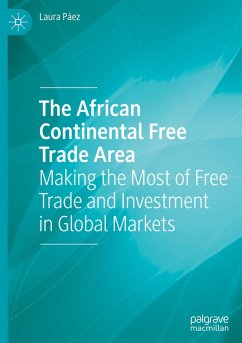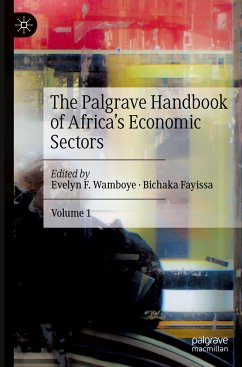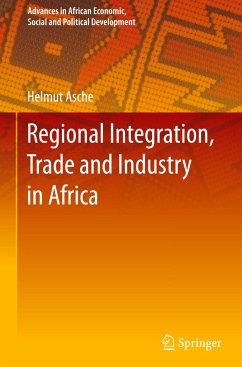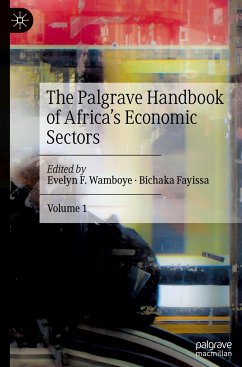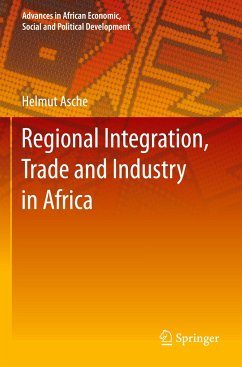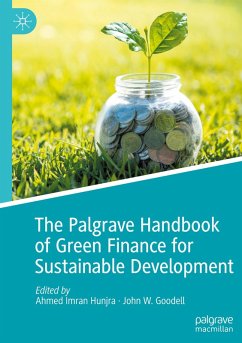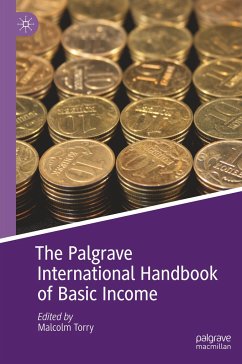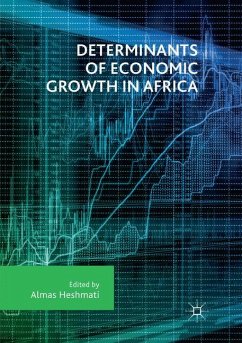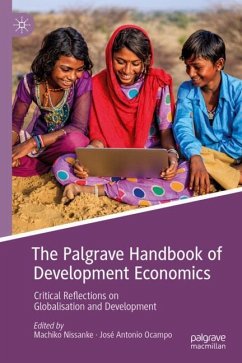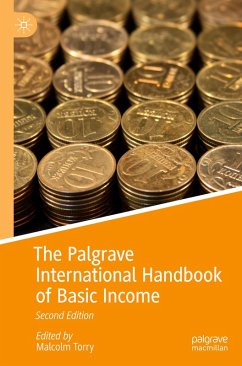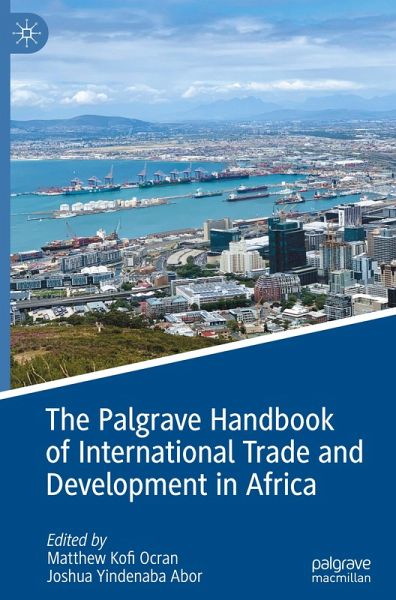
The Palgrave Handbook of International Trade and Development in Africa

PAYBACK Punkte
106 °P sammeln!
This book explores the intricate activities and systems that underpin international trade and development in Africa. The relationship between trade and economic performance is analysed, with a particular emphasis on financial development, trade liberalization, and the welfare implications of FTA. A critical reflection of international trade and development in Africa is provided that highlights how institutions that govern the international trade system, largely found in the Global North, have enabled developed countries to benefit most from African trade. Emerging issues, such as FDI, the COVI...
This book explores the intricate activities and systems that underpin international trade and development in Africa. The relationship between trade and economic performance is analysed, with a particular emphasis on financial development, trade liberalization, and the welfare implications of FTA. A critical reflection of international trade and development in Africa is provided that highlights how institutions that govern the international trade system, largely found in the Global North, have enabled developed countries to benefit most from African trade. Emerging issues, such as FDI, the COVID-19 pandemic, the gendered nature of trade, remittances, and digital trade, are also discussed.
This book aims to examine how Africa can play a more active role international trade and how the trade systems can be altered to help drive economic growth and development in Africa. It will be relevant to students and researchers interested in development and African economics.
This book aims to examine how Africa can play a more active role international trade and how the trade systems can be altered to help drive economic growth and development in Africa. It will be relevant to students and researchers interested in development and African economics.



